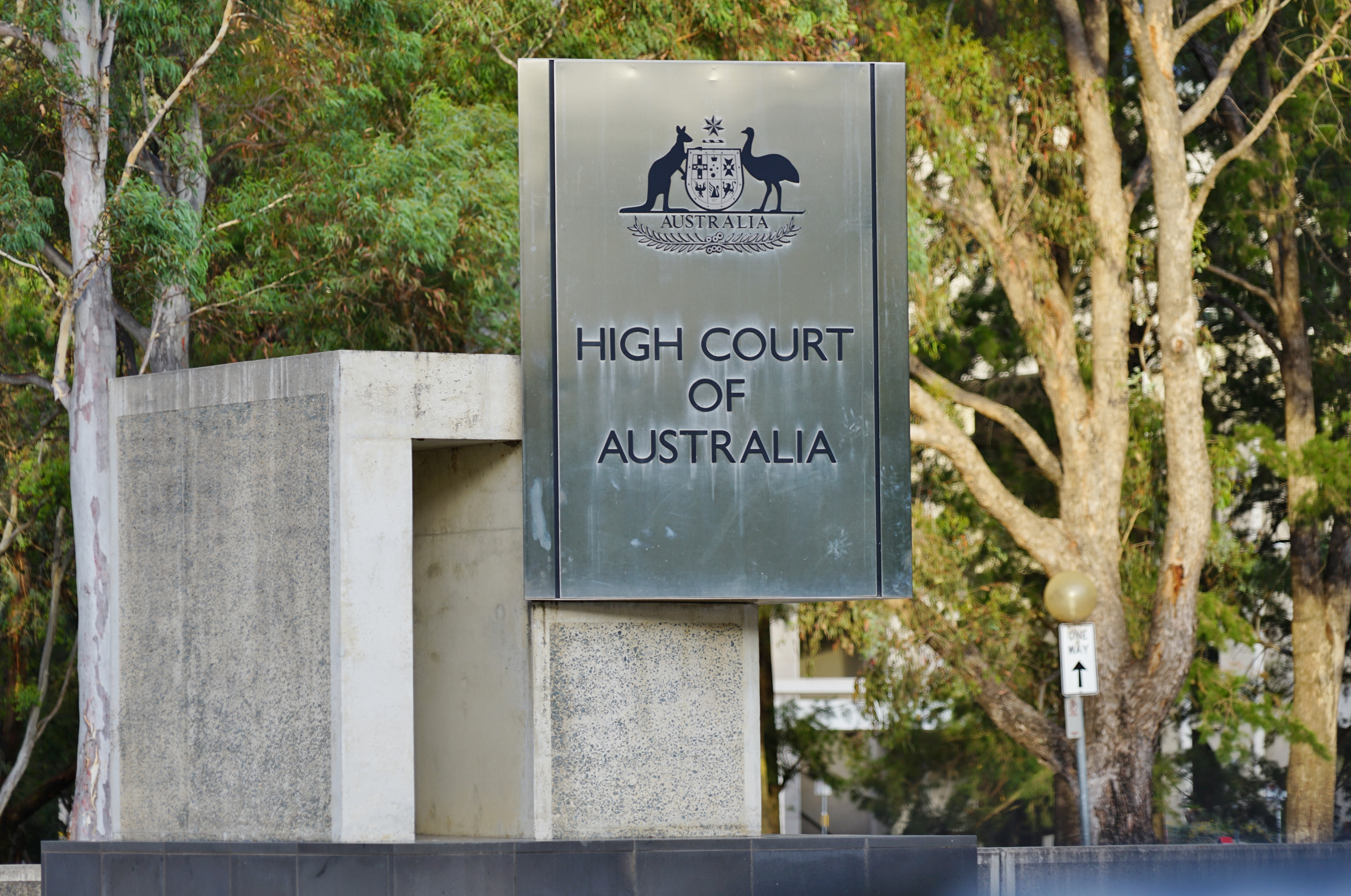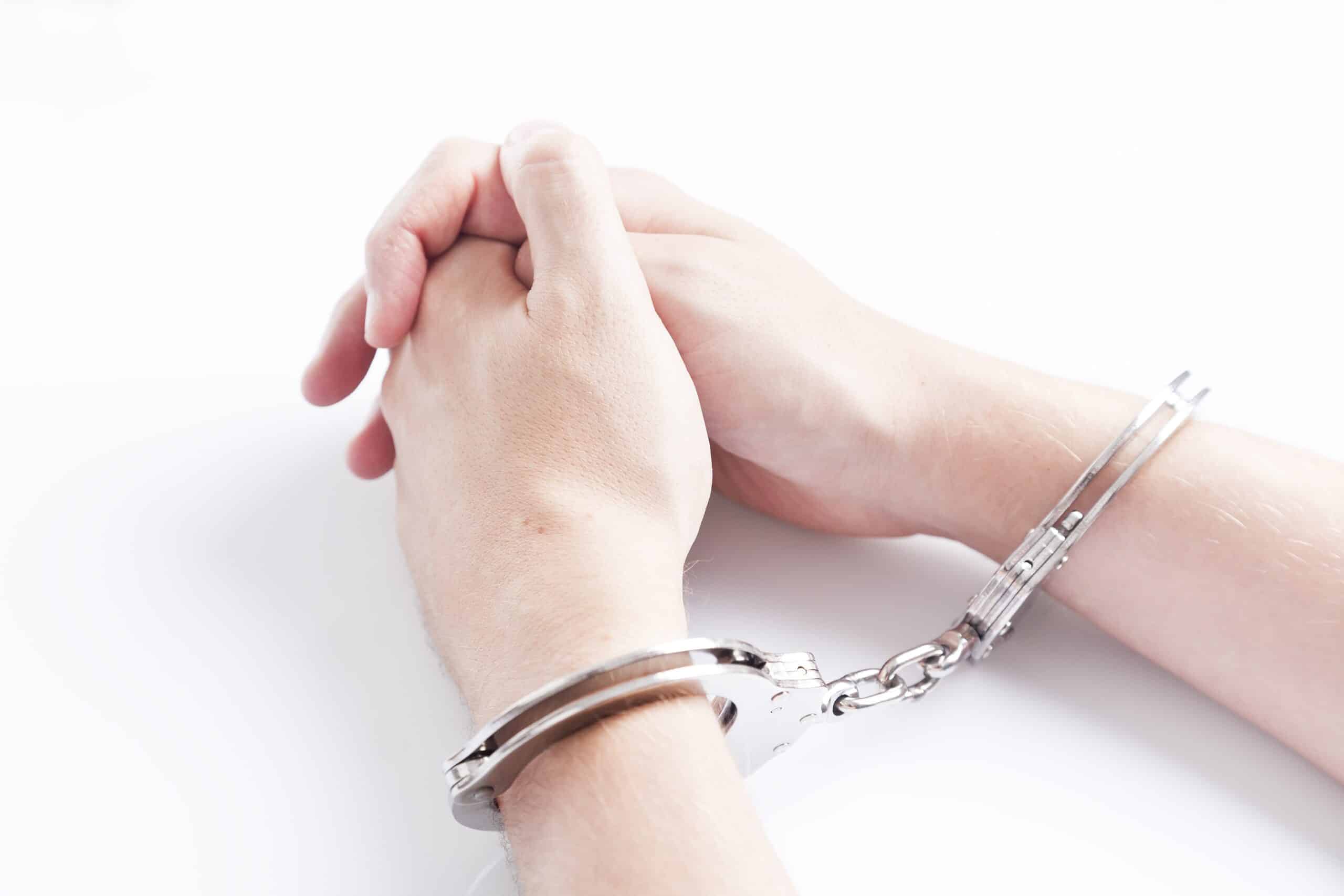Share This Article
Poppy Morandin.
The High Court has confirmed that three further complainants have come forward alleging that they were sexually harassed by former judge, Justice Dyson Heydon.
These complainants will add to the list of six women who were found by an independent investigation commissioned by the High Court and conducted by Dr Vivienne Thorn AM earlier this year, to have been sexually harassed by Mr Heydon during their time as associates.
“We’re ashamed that this could have happened at the High Court of Australia…Their accounts of their experiences…have been believed.” said Chief Justice Susan Kiefel, at the time.
Mr Heydon denied all allegations following the investigation, with his lawyers commenting that: “if any conduct of his has caused offence, that result was inadvertent and unintended, and he apologises for any offence caused.”
His lawyers have not provided comment in relation to the new claims.
Following the initial investigation, the court reached out to more than 100 former associates for the purposes of offering them the chance to speak about their experiences during 2003-2013, when Mr Heydon was on the bench.
The following additional complainants “wanted this information to be provided to the Court,”, however “were not making formal complaints and did not expect, or want, these matters to be investigated,” as explained by the court spokesperson.
“We have moved to do all we can to make sure the experiences of these women will not be repeated. There is no place for sexual harassment in any workplace.” explained Ms Kiefel.
The court has reportedly strengthened its policies and training in order to ensure that there is support available, and confidential avenues for complaints.
The complaints include incidents in which he allegedly attempted to kiss one of his former associates, and multiple accounts of him “feeling up the side” of women’s legs.
Mr Heydon was first admitted to the bar in 1973 and was subsequently appointed to the NSW Court of Appeal in 2000.
He was appointed to the High Court in 2003, where he served for 10 years, before retiring and returning to the bar.
It is reported that despite the AFP seeking a copy of the independent report into the allegations of sexual harassment, the head of the High Court has not provided it to them.
The court’s chief executive and principal registrar, Philippa Lynch has instead advised that the six women could instead, individually, elect to provide the police with the section of the report relating to their own experience.
“Each of the associates, each of the complainants received the part of the report that related to their complaint and we would not have an issue if the associates wished to provide that to the AFP,” said Ms Lynch.
After the independent report in June, the ACT’s Director of Public Prosecutions requested that the AFP investigate the allegations.
“If the AFP wanted to press the matter, I would need to seek agreement from the associates involved given the report contains very sensitive personal information and some of the … former associates had requested confidentiality.” she continued.
Statistics on Sexual Harassment in the Workplace
Sexual harassment is unfortunately prevalent and remains a major problems in Australian workplaces.
According to the Australian Human Rights Commission, 39% of Australian women and 26% of Australian men have been sexually harassed at work in the past five years.
“Everyone has a moral and ethical obligation to denounce and deter that kind of conduct occurring in their circles and workplaces, their interpersonal relationships.
“These things can work in very insidious ways and a lot of people who are victims of sexual harassment make a decision to not report sometimes because they might lose work or the phenomena you see in the criminal justice system, and indeed all spheres of life, where the complainants is often the subject of negative consequences or stereotypes.” explained Stephen Lawrence, barrister and Deputy Mayor of Dubbo.
Worryingly, reporting remains low, with only 17% of people actually pursuing a complaint.
“We need to create a culture where complainants are immediately empowered to report and deal with things – there needs to not be a culture of silence on it.” contended Mr Lawrence.
Sexual harassment can encompass a range of sexual offences in NSW. This includes, sexual touching, sexual intercourse without consent, sexual act, revenge porn, or filming a person in private acts.
The maximum penalties range from 18-months to 20-years imprisonment, depending on the type of sex offence.
Have a question on the law on sex offences? Speak to an experienced criminal lawyer in Sydney CBD today.









